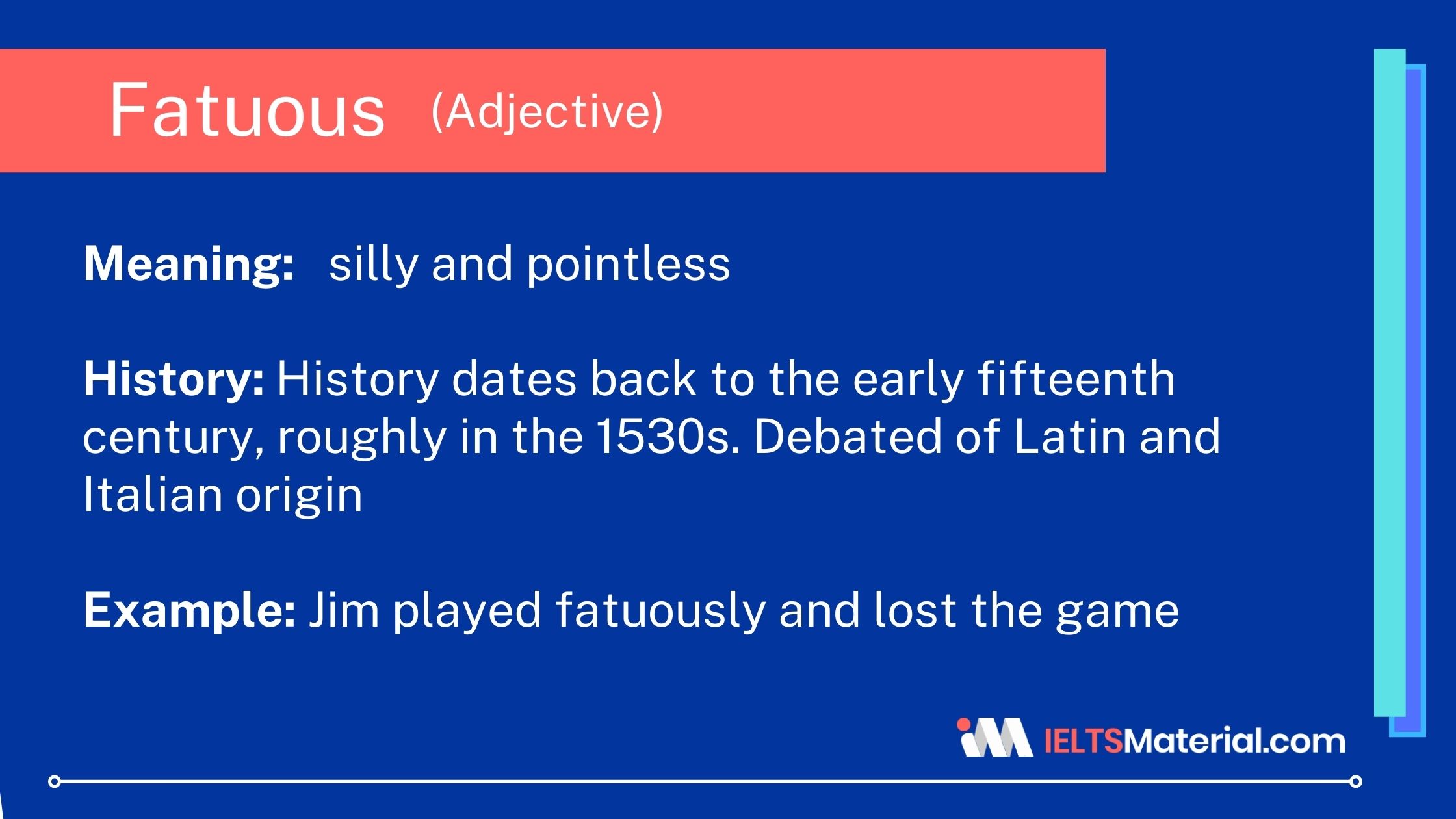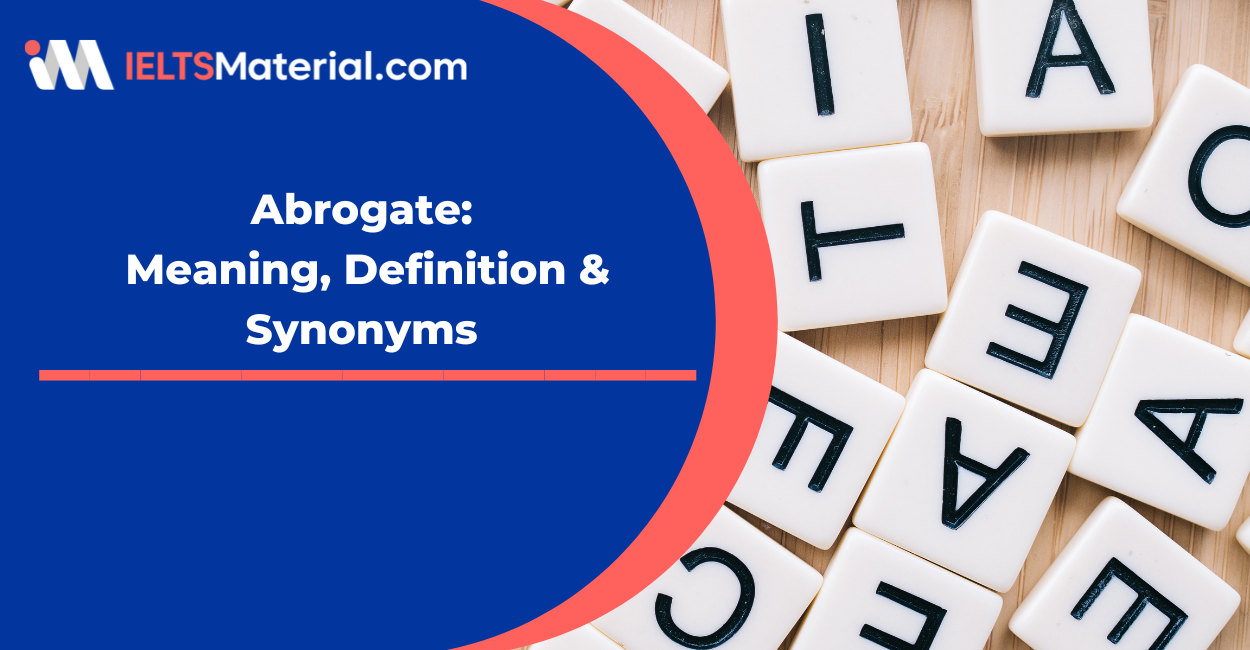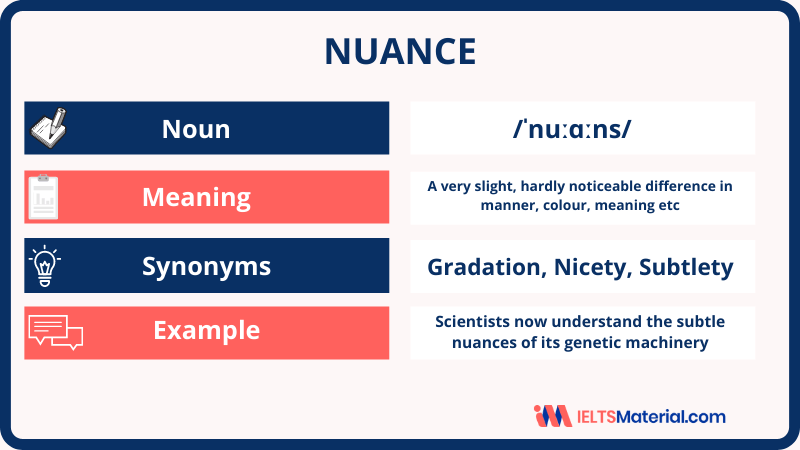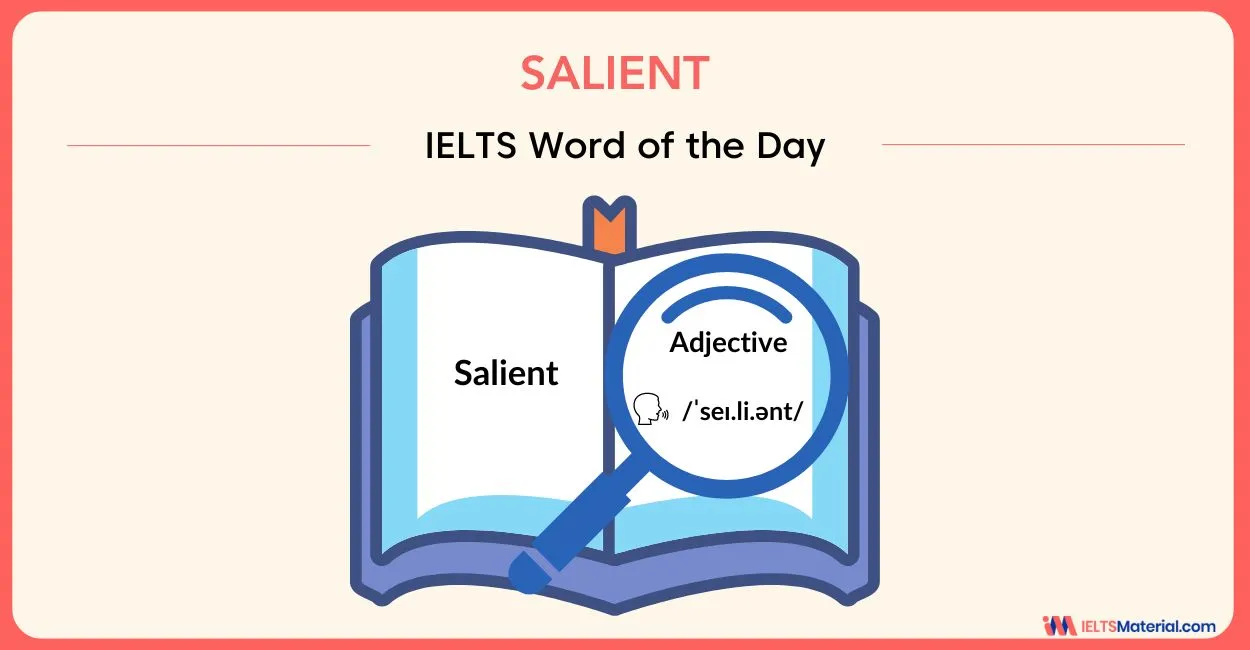Oblivious – IELTS Word of the Day for Speaking & Writing
Want to impress the IELTS examiner with high-level vocabulary? Discover how to use the word “oblivious” in IELTS Speaking and Writing Task 2 with real examples, meanings, and advanced phrases to boost your band score!
Table of Contents

Limited-Time Offer : Access a FREE 10-Day IELTS Study Plan!
Improving your IELTS Vocabulary can significantly impact your band score, especially in the Speaking and Writing Task 2. One powerful way to boost your vocabulary is by learning and using high-impact words effectively. Today’s word of the day is “Oblivious” – a versatile adjective that can help you express ideas clearly and precisely in both formal and informal contexts.
What Does “Oblivious” Mean?
Oblivious (adjective) /əˈblɪviəs/
Meaning: Not aware of or not concerned about what is happening around one.
Synonyms:
- Unaware
- Heedless
- Unmindful
- Distracted
How to Use “Oblivious” in IELTS Speaking?
In IELTS Speaking, especially Parts 2 and 3, demonstrating a good range of vocabulary helps increase your lexical resource score. “Oblivious” can describe situations where people are not paying attention or are unaware of something important.
Sample Answers:
IELTS Speaking Part 1
Q: Do you often get distracted while working?
A: Yes, quite often. Sometimes I get so involved in my thoughts that I become completely oblivious to what’s happening around me.
IELTS Speaking Part 2 – Cue Card
Describe a time when you were really focused.
“I remember studying at the library a week before my final exams. I was so focused on my notes that I was oblivious to the time. Hours passed by without me even noticing!”
IELTS Speaking Part 3
Q: Why do some people ignore important global issues?
A: I believe many are oblivious to these matters because of their hectic lifestyles. They are too absorbed in their personal routines to notice or care about broader problems.
How to Use “Oblivious” in IELTS Writing Task 2?
In IELTS Writing Task 2, “oblivious” can be useful in expressing criticism, social commentary, or personal viewpoints about unawareness or ignorance of social, political, or environmental issues.
Example Essay Sentence Starters:
- Governments are often oblivious to the concerns of the general public, particularly in developing countries.
- Many people remain oblivious to the negative effects of social media on mental health.
- Despite the ongoing climate crisis, a large segment of society appears to be oblivious to the urgency of the matter.
IELTS Writing Task 2 Sample Essay Snippet:
In today’s fast-paced world, individuals often become oblivious to the environmental damage caused by their daily actions. This lack of awareness contributes significantly to climate change, making it crucial for governments to implement educational campaigns.
Common Collocations and Phrases with “Oblivious”
-
Oblivious to the fact
He was oblivious to the fact that his comment had offended everyone. -
Completely/totally oblivious
She was totally oblivious to the noise outside. -
Remain oblivious
Many people remain oblivious to the consequences of their digital footprint.
Using such collocations can help make your language more natural and idiomatic.
Grab the newly launched Vocabulary for IELTS (Essential words for popular topics in IELTS) to level up your preparation.
Similar Words to Expand Your IELTS Vocabulary
To enhance your range, here are some related or synonymous words that can be used depending on context:
| Word | Meaning | Example |
|---|---|---|
| Heedless | Showing a reckless lack of attention | Heedless of the warning signs, she continued hiking. |
| Unmindful | Not conscious or aware of something | He was unmindful of the time and missed his meeting. |
| Distracted | Unable to concentrate due to other thoughts | She was too distracted to focus on the lecture. |
Bonus Words of the Day to Explore
If you’re building your IELTS vocabulary, here are a few more words to add to your list:
- Admonish – to warn or reprimand firmly
- Reiterate – to say something again for emphasis
- Croon – to hum or sing in a soft voice
- Exacerbation – the process of making a situation worse
- Tantalise – to tease or torment by offering something desirable
- Zealous – having or showing great energy or enthusiasm
These can also be effectively used in IELTS Writing Task 2 and Speaking Part 3 to showcase your vocabulary range.
Struggling with IELTS? Our experts can help you achieve your target score with our Free Webinar now.
Using a word like oblivious in your IELTS Speaking and Writing responses can demonstrate a high level of language proficiency. It shows your ability to use nuanced vocabulary appropriately, which is a key factor in achieving a band score of 7.0 or above. Practice using it in your own sentences and combine it with synonyms and related expressions to enhance your fluency and coherence. If you're aiming for top scores, follow the IELTS Exam Preparation Tips for Band Score of 8+ to further enhance your vocabulary and overall test performance.
Also check:
Explore IELTS Resources

Start Preparing for IELTS: Get Your 10-Day Study Plan Today!
Recent Articles

Kasturika Samanta

Kasturika Samanta

Kasturika Samanta





Post your Comments